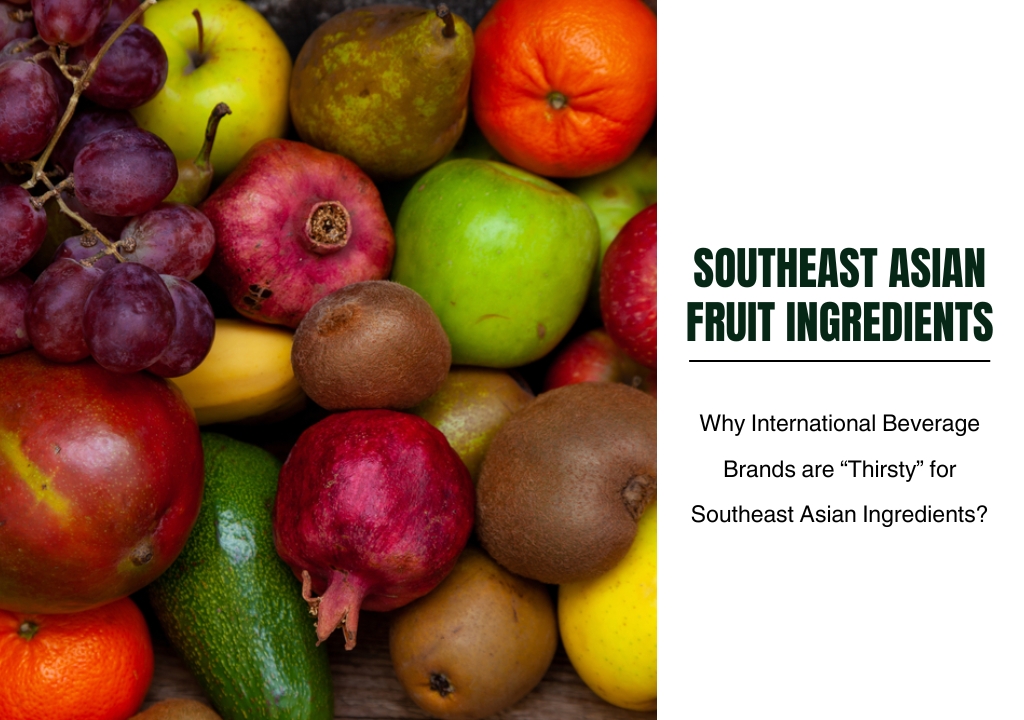7 Global Shifts Shaping the Sustainable Beverage Industry in 2025
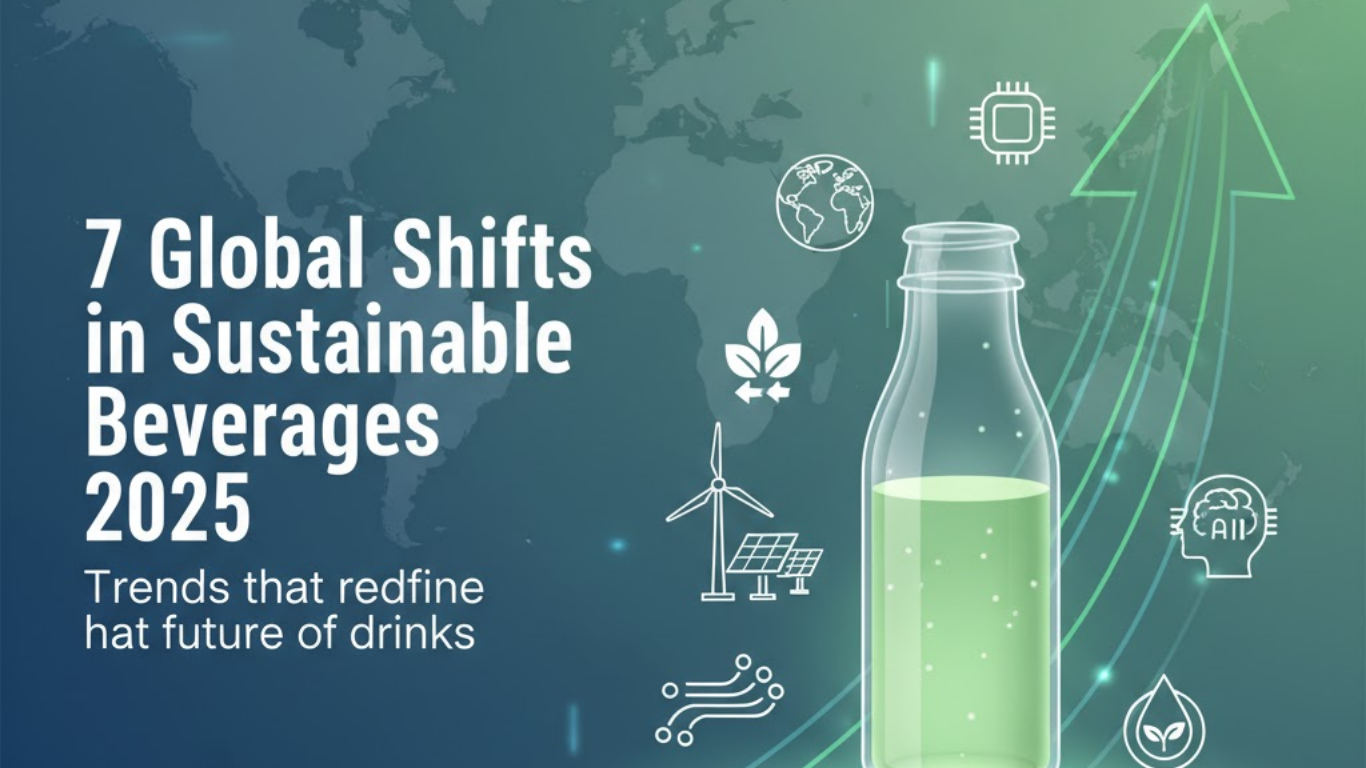
Discover key statistics and insights shaping the sustainable beverage industry in 2025 — from upcycled innovation to Asia’s 153% growth in eco-conscious product launches.
Sustainability with Numbers
In 2025, sustainability has evolved from a corporate statement into a measurable performance goal. The sustainable beverage industry is now driven by data — from how consumers make purchase decisions to how brands develop eco-friendly products.
According to Anuga’s latest insights, the global demand for upcycled and sustainable products is accelerating at record speed. This shift creates opportunities for beverage producers — especially those from tropical regions like Vietnam — to align local resources with international sustainability standards.
1️⃣ Consumers Choose Consciously — and in Growing Numbers
The sustainable movement starts with consumers.
Anuga reports that 28% of global consumers now intentionally buy upcycled products as a way to reduce waste and live more sustainably. Meanwhile, 31% choose them specifically to avoid food waste.
This conscious behavior shows that nearly one in three shoppers connects environmental impact with their daily choices — a powerful signal for beverage brands to act responsibly.
2️⃣ Upcycling Becomes a Global Standard
Once a niche concept, upcycling has become mainstream.
According to Anuga, the number of new food and beverage products with upcycling claims has increased by 25% in the past five years.
Western Europe and North America currently lead this shift, contributing 40% and 37% of upcycled product launches respectively. Yet, the fastest-growing region is Asia, which recorded an impressive +153% increase in upcycled product launches between 2020 and 2024.
This explosive growth reflects how emerging Asian producers — including beverage manufacturers — are embracing circular design, using fruit peels, coffee cherries, or other byproducts to craft innovative drinks.
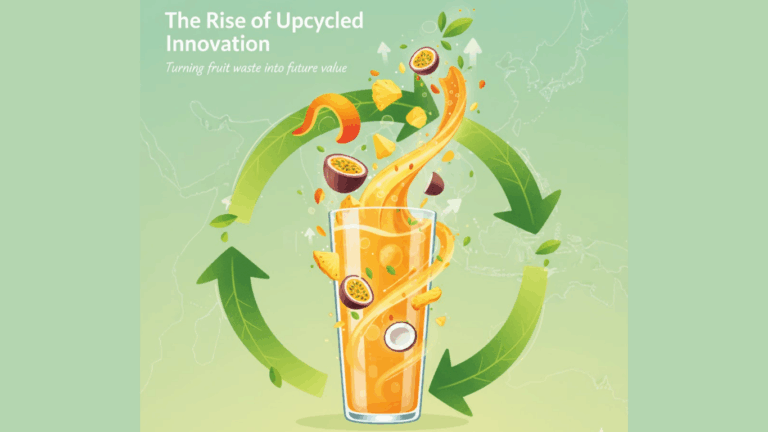
3️⃣ Sustainability Is No Longer a Trend — It’s a Consumer Expectation
Anuga highlights that over half of global consumers are now actively seeking sustainable options.
Moreover, nearly 50% of consumers say they are very concerned about climate change.
For the beverage industry, these numbers translate into a clear message: sustainability is not a luxury feature; it’s a baseline expectation. Brands that ignore it risk losing relevance, especially among younger, eco-conscious generations.
4️⃣ Packaging Innovation Follows Consumer Values
Eco-friendly packaging is becoming the visible face of sustainability.
With rising consumer awareness, beverage companies are reducing plastic use and investing in biodegradable, recyclable, or compostable materials. While Anuga’s data focuses on product trends, these same principles apply strongly to the beverage sector, where packaging represents a significant part of the carbon footprint.
Manufacturers in Asia, particularly in tropical production hubs, are exploring bio-based materials derived from local agricultural byproducts — an area perfectly aligned with the global shift toward circular economy models.
5️⃣ Asia’s 153% Surge: A Signal for Beverage Producers
The +153% growth in upcycled product launches in Asia is not just a statistic — it’s a signal of opportunity.
For beverage makers in tropical countries like Vietnam, this surge reflects rising regional capabilities in sustainable sourcing and innovation.
By combining abundant natural fruits — such as mango, passion fruit, and coconut — with eco-friendly production standards, Asian beverage brands can compete globally while showcasing their unique tropical identity.
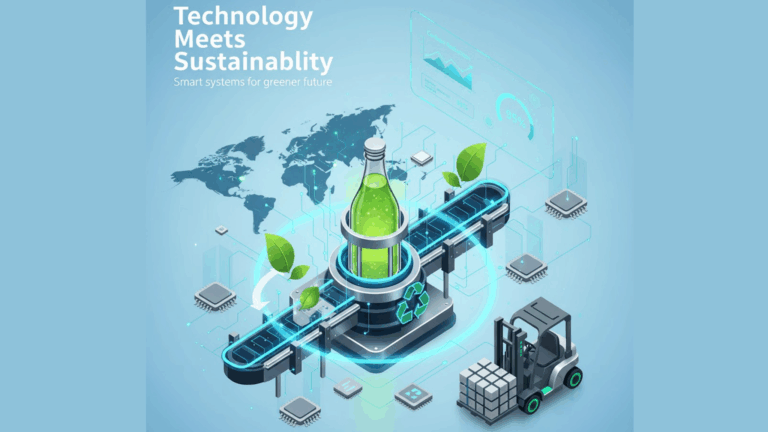
6️⃣ Local Ingredients, Global Impact
As upcycling and sustainability gain traction, beverage producers are turning to local ingredients to reduce transportation emissions and support regional farming ecosystems.
For Vietnam and Southeast Asia, this means transforming surplus tropical crops into value-added drinks while empowering local communities.
By linking natural sourcing with green manufacturing, these producers strengthen their position in the global sustainable beverage industry — where authenticity and responsibility go hand in hand.
7️⃣ Collaboration for a Greener Future
No brand can go green alone.
Sustainability in the beverage industry depends on collaboration — between farmers, manufacturers, suppliers, and consumers.
Events like Anuga 2025 highlight this shared mission, showing that progress happens when the entire value chain commits to ethical, transparent, and data-backed practices.
Conclusion
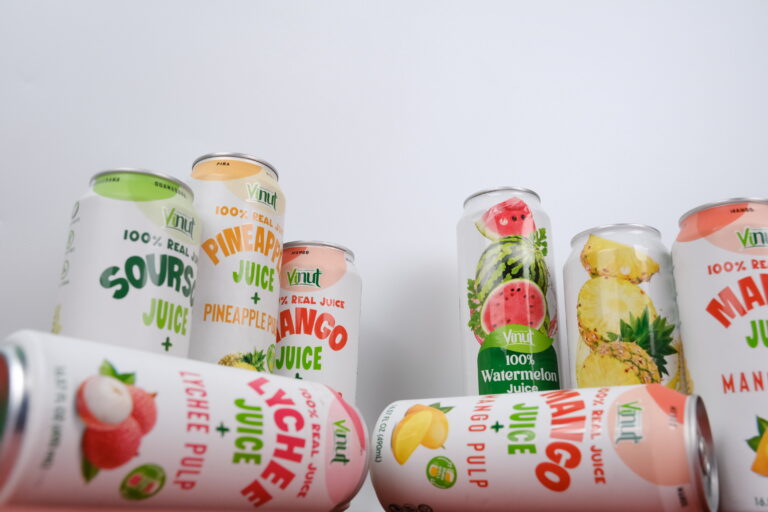
The rise of sustainability-driven trends across the beverage industry marks a deep transformation — one where consumers seek authenticity, responsibility, and health in every sip. For modern beverage brands, this journey isn’t just about using eco-friendly packaging or upcycled fruits; it’s about crafting a legacy of mindful innovation and trust.
👉 Contact Nam Viet Group today to explore OEM/ODM/private label solutions for sustainable, tropical, and plant-based beverages — empowering global brands to lead the next wave of natural and responsible refreshment.

